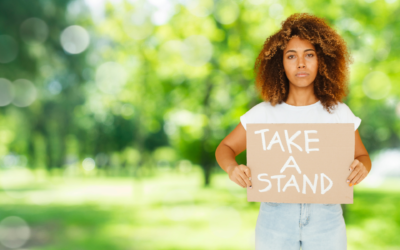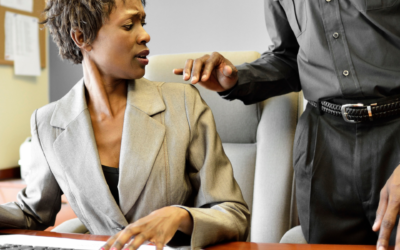“Women experiencing homelessness are living in a state of survival, often without access to services and in high-risk environments where they are frequently subjected to violence and abuse.” – Joanne Bretherton, University of York’s Centre for Housing Policy
Lindy’s story is sadly one of too many. At The Haven, we seek to intervene and provide the necessary support to prevent such a tragic turn of events. It has been nearly 50 years since our founders started providing safe accommodations for women and young girls who were facing homelessness – with a £5 donation! Find out more here. Even before we identified the need for specialist domestic abuse support, The Haven was supporting an underserved demographic with a safe roof over their heads and the opportunity to move on and lead independent lives.
Today, 6 in 10 homeless people living in temporary accommodations are women. In the past decade, the number of homeless women living in temporary accommodation has almost doubled from 40,030 in 2011 to 75,410 today – a rise of 88%! Lone mothers face the most acute affordability issues with almost 1 in 3 in arrears or constantly struggling to keep a roof over their heads – this equates to 321,000 lone mothers.
Homelessness remains a growing crisis in The UK. Homeless women often have various issues contributing to their homelessness but the most common is domestic abuse. This often creates a cycle of mental health and substance misuse problems. Other reasons can include reduced income as a result of poor physical health, bereavement, and experiences within the social care system or the criminal justice system. Poverty, unemployment, and immigration can also be contributing factors.
Living on the streets can expose women to threats of physical or sexual assault. Far too often the choice is to return to a violent partner or pursue dangerous alternatives such as going into prostitution. This makes the women invisible and further limits their access to essential support.
Across the UK, homeless single women and those with children are being housed in temporary bed-and-breakfast accommodations without a thorough assessment of needs or risks. Our concern has always been that unless a woman discloses that she has been subjected to domestic abuse or any other contributing factors that may require specialist support, she will not be able to access services such as The Haven.
How can The Haven help?
- We provide emergency accommodations,
- We provide support with applications for housing, benefits, and employment,
- We provide specialist support to address co-occurring needs like mental health and substance misuse,
- We work with partners and specialist agencies to help provide the best outcomes for those we support.
Read more:
The Big Issue: How does homelessness differ for women?
Shelter: Women are some of the biggest losers in England’s broken housing system



